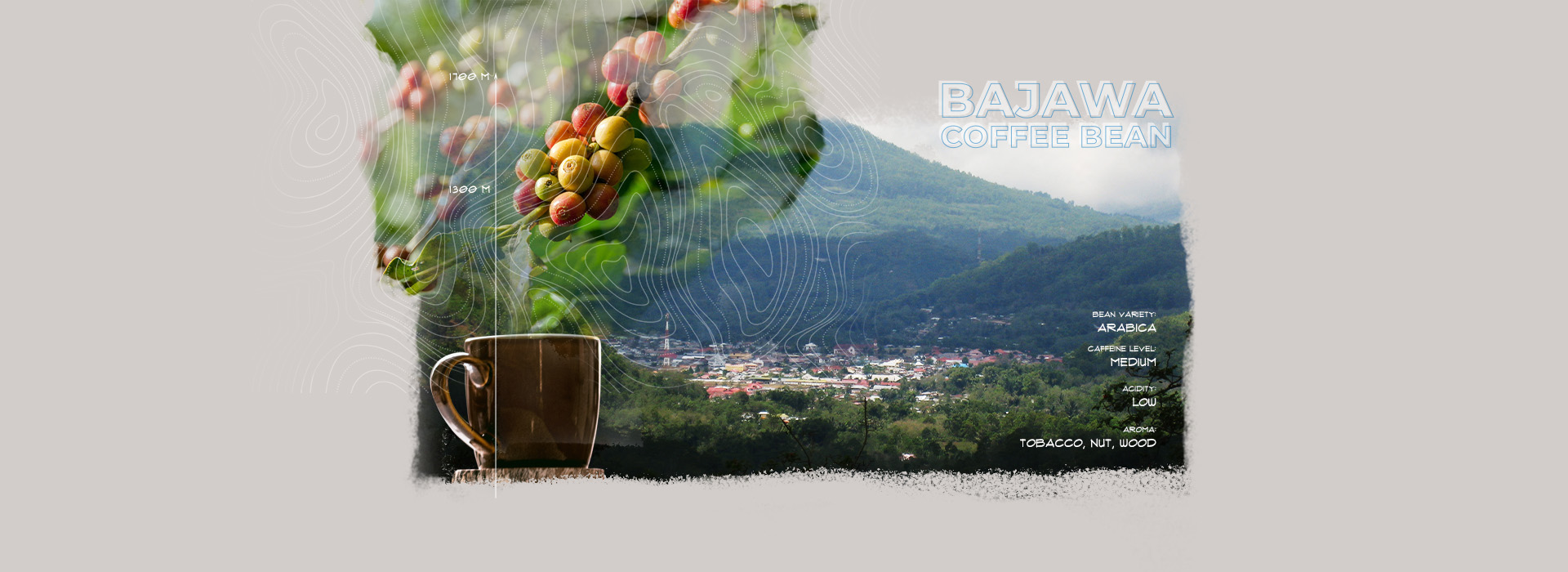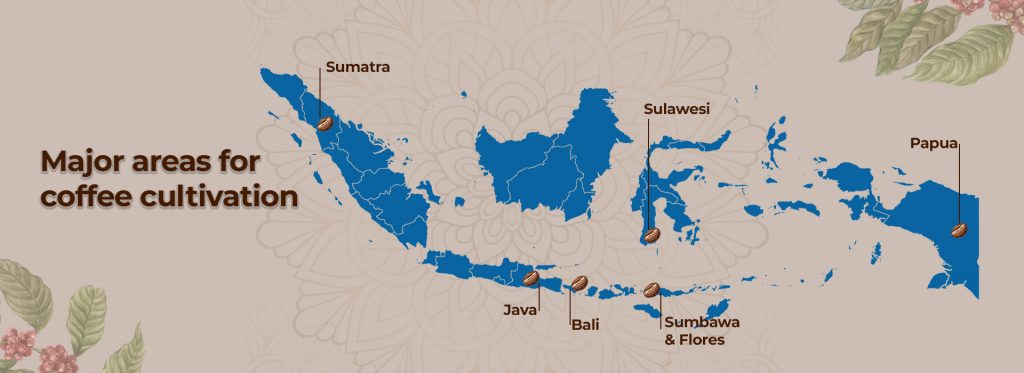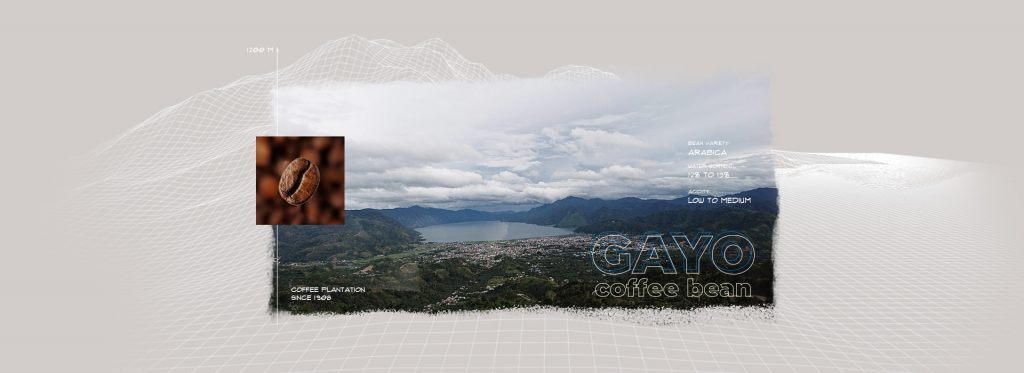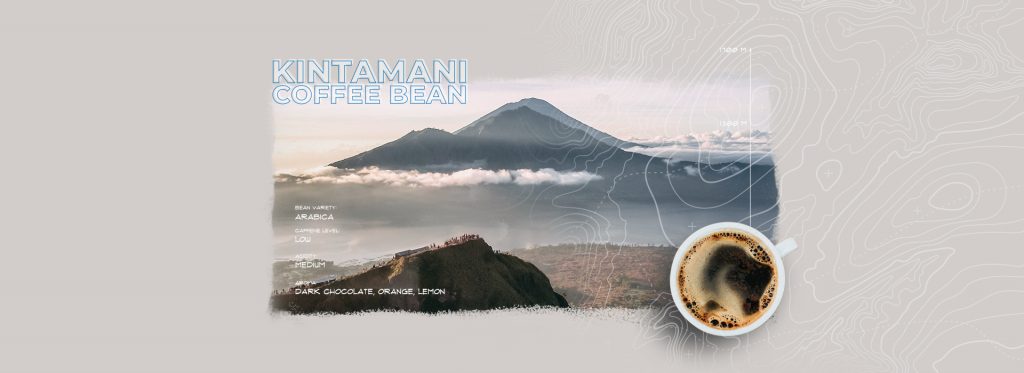Dig Deep Into Indonesian Coffee: Bajawa Coffee Beans
In our previous blog, we have taken a glance at the most popular coffee beans from Indonesia. In this post, we will take a closer look at Bajawa coffee beans, grown from the volcanic ash from the mountainous Flores area in East Nusa Tenggara province. We will talk about the geographic and climate background in the Flores area, the coffee bean characteristics, and what the future holds for this unique Indonesian coffee bean variety.
Where The Bajawa Coffee Beans Comes From
Flores (means “flower”) Island is a part of the Lesser Sunda Islands, a group of Islands in the eastern part of Indonesia. The Island is 350km long with rugged terrains and many volcanoes both active and inactive. The ash from these volcanoes has created particularly fertile Andosols, highly porous and dark-colored soil which is ideal for growing organic coffee.
Bajawa is a lush region located in the high-altitude Ngada regency, and the arabica coffee beans are cultivated under shade trees at a height of 1,200 to 1,800 meters above sea level on the hillsides and plateaus. The coffee crops are grown organically without any fertilizer or chemical pesticides. Just like in Sumatra, the coffee beans are hand-picked and wet-processed right on the farm using a traditional processing method called “giling basah” or wet-hulling. This process results in a greenish or bluish color of Flores coffee beans with a unique flavor and rich aroma. A traditional style of processing, known as pulped natural, where parchment coffee is dried in its mucilage without fermentation, produces a floral coffee that has been found to be highly sought after by buyers in the coffee industry.
Flores Bajawa coffee beans are cultivated by farmer groups, which is a farmer organization with a long history and tradition, usually formed in every village and consists of 50 to 100 farmer families. There are currently 14 farmer groups in Ngada regency.
Bajawa Coffee Beans Characteristics
The location where the coffee is cultivated and the processing method makes Bajawa Arabica coffee beans so well-known for their sweet chocolate, earthy, floral, and woody notes with hints of tobacco. Coffee enthusiasts notice the beans’ low acidity, rich body cup that is considerably smooth, and an intense fragrance that lingers for some time. The beans are usually roasted between medium to dark roast.
Other general characteristics are:
- Bean variety: Arabica
- Caffeine level: Medium
- Aroma: Tobacco, nut, wood
- Acidity: Low
- Body: Medium, smooth with a clean aftertaste
- Flavors: sweet, chocolate, caramel, floral
What The Future Holds for Bajawa Coffee Beans
The uniquely fragrant Bajawa coffee is one of the most sought after Indonesian coffee beans in the world. The coffee beans have been exported throughout the world, mostly to the United States and Europe. Due to its limited land and a few farmer groups cultivating the coffee beans, the production output cannot meet the entire demand. The local government is very supportive of the farmer groups, giving incentives and working closely to maintain the export quality and yield.
In the local market, Bajwa coffee beans are also in high demand as one of the most popular beans in Indonesia. A lot of cafes and specialty coffee houses carry Bajawa coffee, either as a single origin, or as a part of their house blend, and often competing with coffee exporters in the effort of obtaining the green coffee beans.
The Government of Indonesia has listed Flores Bajawa Arabica Coffee as one of the Geographical Indication products since March 2012, thus making the coffee beans legally protected and declared the quality and characteristics of the beans as distinctive and different from coffee from other regions. This means Flores Bajawa Arabica Coffee is recognized as single-origin coffee, which has a competitive advantage and higher selling price.
Wherever you are in the world, Flores Bajawa coffee is one of the best Indonesian coffee beans that everyone should taste.




